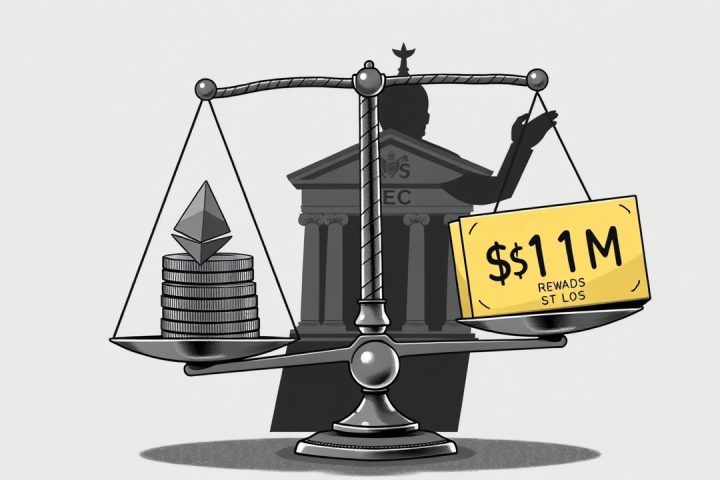Legislative Proposal on Cryptocurrency Investments
In a significant move aimed at addressing the impact of cryptocurrency investments on the economy of Puerto Rico, Rep. Nydia Velázquez from New York has put forth a legislative proposal designed to curtail the territory’s status as a tax haven for crypto investors. The Fair Taxation of Digital Assets in Puerto Rico Act, introduced on April 21, seeks to amend the territory’s Internal Revenue Code to ensure that capital gains from digital assets are subjected to both local and federal taxation.
Concerns Over Impact
This bill comes on the heels of reports highlighting the negative effects that the influx of cryptocurrency investors has had on Puerto Rico. According to comments from Rep. Velázquez in a Bloomberg report, the current situation has exacerbated housing costs, displaced local communities, and intensified existing poverty challenges—nearly 40% of the island’s population lives below the poverty line—while simultaneously costing the federal government an estimated $4.5 billion in tax revenue between 2020 and 2026 due to the favorable tax policies.
Tax Incentives and Criticism
Since the approval of tax exemptions under the Tax Incentives Code in 2012 through Acts 20 and 22, which were later consolidated into Act 60, Puerto Rico has become a hotspot for numerous high-profile crypto figures, including Dan Morehead, Brock Pierce, and social media personality Logan Paul. These incentives have drawn investors to the island but have sparked criticism regarding their contribution to local socio-economic issues.
Governor’s Response
On the other side of the policy debate, Puerto Rico’s Governor Jenniffer González-Colón has expressed intentions to extend the provisions of Act 60, which is currently set to expire in 2035, up until 2055. Her proposal includes a provision for a reduced capital gains tax rate of 4%, a figure that remains notably lower than the federal rates that can go up to 37%.
Looking Ahead
As the legislative landscape evolves, it remains to be seen if Rep. Velázquez’s initiative will garner sufficient support in the Republican-majority House and Senate, especially with both chambers preparing to deliberate on new stablecoin regulations and a comprehensive framework for cryptocurrency governance in the near future.

















